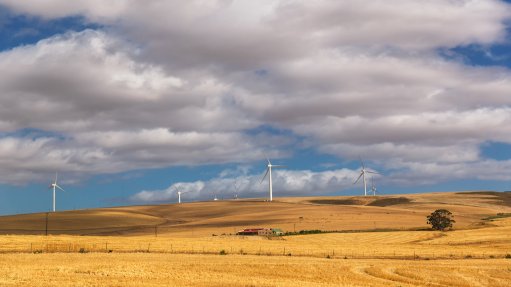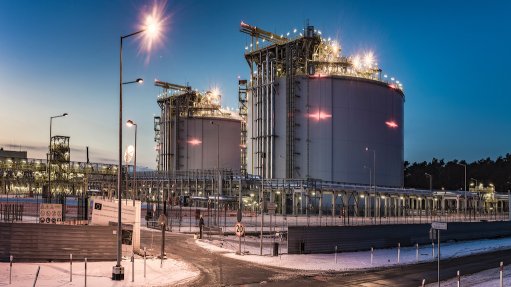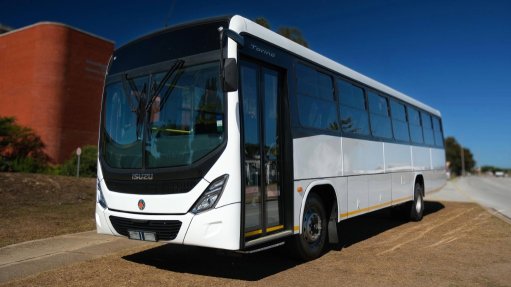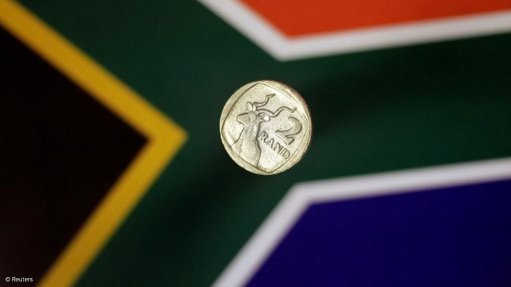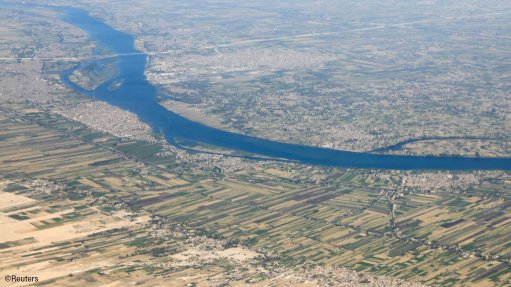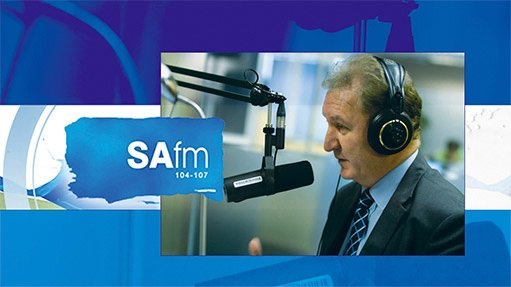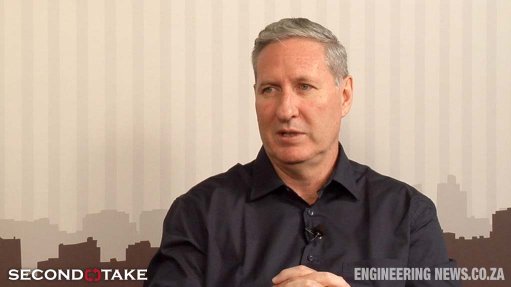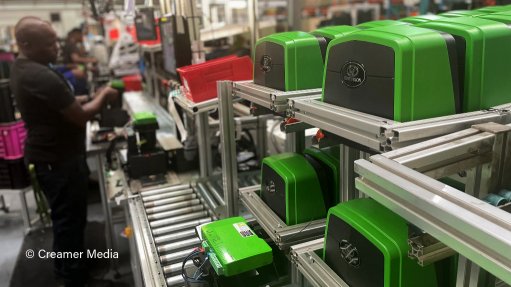Association warns sector against compromising quality
Southern African Plastic Pipe Manufacturers Association (Sappma) has urged pipe makers and pipeline installers to avoid giving into the temptation of compromising on quality or sidestepping certain processes and procedures for the sake of saving a few rands.
South Africa, like the rest of the world, is facing a stark new reality of “life after lockdown” as the outbreak of the Covid-19 recently forced companies to shut down their operations for five weeks.
As pipe manufacturers have now been allowed to resume their operations, many of them have to do so with a reduced workforce and a negatively impacted cash flow, says chief officer Jan Venter.
He warns that, past experience has shown that manufacturers quickly look for ways to save money or take shortcuts when the economy takes a downward turn.
“Without continuous intervention, product quality and standards inevitably deteriorate. We then end up seeing things like pipes that are underweight or shorter in length entering the market, companies using substandard procedures, skipping certain quality tests or including recycled materials.”
For this reason, Sappma members undergo regular announced and unannounced factory visits during which every step of the production process is inspected and pipe samples are randomly picked and sent away for testing by an independent body, explains Venter.
He adds that, only once the compliance officer is satisfied that every standard has been met, are members allowed to display the Sappma logo on their pipes as guarantee of quality, reliability and dependability.
It is important to understand that seeing the South African Bureau of Standards (SABS), South African Technical Auditing Service (SATAS) or South African National Standards (SANS) logo displayed on a pipe does not mean that the pipe automatically meets Sappma standards or that it was produced by a Sappma member.
The first two are certification bodies who work closely with Sappma to test and certify the pipe samples Sappma sends to them. The SANS on the other hand, is part of the SABS and is the custodian of the national standards according to which all locally produced pipes are manufactured, Venter explains.
He adds that Sappma is not in competition with these entities, but plays a crucial coordinating role between all the stakeholders in this industry.
“Because our sole focus is on a relatively small, but crucially important sector of the industry, we are in the ideal position to detect problems much earlier than any other organisation. To this end, we closely monitor our members to ensure product quality and full adherence to all relevant national standards.”
This is what clearly differentiates members from non-Sappma members and why municipalities are increasingly insisting on membership of Sappma or its sister organisation – the Installation and Fabrication Plastics Pipe Association – when they prepare tender and specification documents for new infrastructure installations or upgrades, he says.
Sappma’s primary focus is to create absolute customer confidence in the plastics pipe industry by ensuring that pipes produced by its members and bearing the Sappma mark, meet local and international quality and manufacturing standards.
Meanwhile, Venter notes that piping systems is one of the key elements of a country’s infrastructure.
He adds that communities are relying on the fact that the pipes provided for their water, sewage, telecommunication and gas supply, will last for fifty to a hundred years before they need replacing. Similarly, a wide spectrum of industries, such as mining, agriculture, telecommunication, building and construction also need pipelines they can trust as the cost of failure in terms of disruption and repairs is prohibitive.
Which is why trust, which is a very fragile thing, is so important, says Venter.
“It only takes a few pipe manufacturers who cheat rather than toe the line to produce substandard pipes that crack, bend or fail – thereby destroying the reputation and the future of an entire sector.”
Sappma urges the industry to strengthen Sappma’s hand as it diligently works on building consumer confidence in an industry known for being responsible, ethical and conscious of quality, he concludes.
Article Enquiry
Email Article
Save Article
Feedback
To advertise email advertising@creamermedia.co.za or click here
Comments
Press Office
Announcements
What's On
Subscribe to improve your user experience...
Option 1 (equivalent of R125 a month):
Receive a weekly copy of Creamer Media's Engineering News & Mining Weekly magazine
(print copy for those in South Africa and e-magazine for those outside of South Africa)
Receive daily email newsletters
Access to full search results
Access archive of magazine back copies
Access to Projects in Progress
Access to ONE Research Report of your choice in PDF format
Option 2 (equivalent of R375 a month):
All benefits from Option 1
PLUS
Access to Creamer Media's Research Channel Africa for ALL Research Reports, in PDF format, on various industrial and mining sectors
including Electricity; Water; Energy Transition; Hydrogen; Roads, Rail and Ports; Coal; Gold; Platinum; Battery Metals; etc.
Already a subscriber?
Forgotten your password?
Receive weekly copy of Creamer Media's Engineering News & Mining Weekly magazine (print copy for those in South Africa and e-magazine for those outside of South Africa)
➕
Recieve daily email newsletters
➕
Access to full search results
➕
Access archive of magazine back copies
➕
Access to Projects in Progress
➕
Access to ONE Research Report of your choice in PDF format
RESEARCH CHANNEL AFRICA
R4500 (equivalent of R375 a month)
SUBSCRIBEAll benefits from Option 1
➕
Access to Creamer Media's Research Channel Africa for ALL Research Reports on various industrial and mining sectors, in PDF format, including on:
Electricity
➕
Water
➕
Energy Transition
➕
Hydrogen
➕
Roads, Rail and Ports
➕
Coal
➕
Gold
➕
Platinum
➕
Battery Metals
➕
etc.
Receive all benefits from Option 1 or Option 2 delivered to numerous people at your company
➕
Multiple User names and Passwords for simultaneous log-ins
➕
Intranet integration access to all in your organisation






